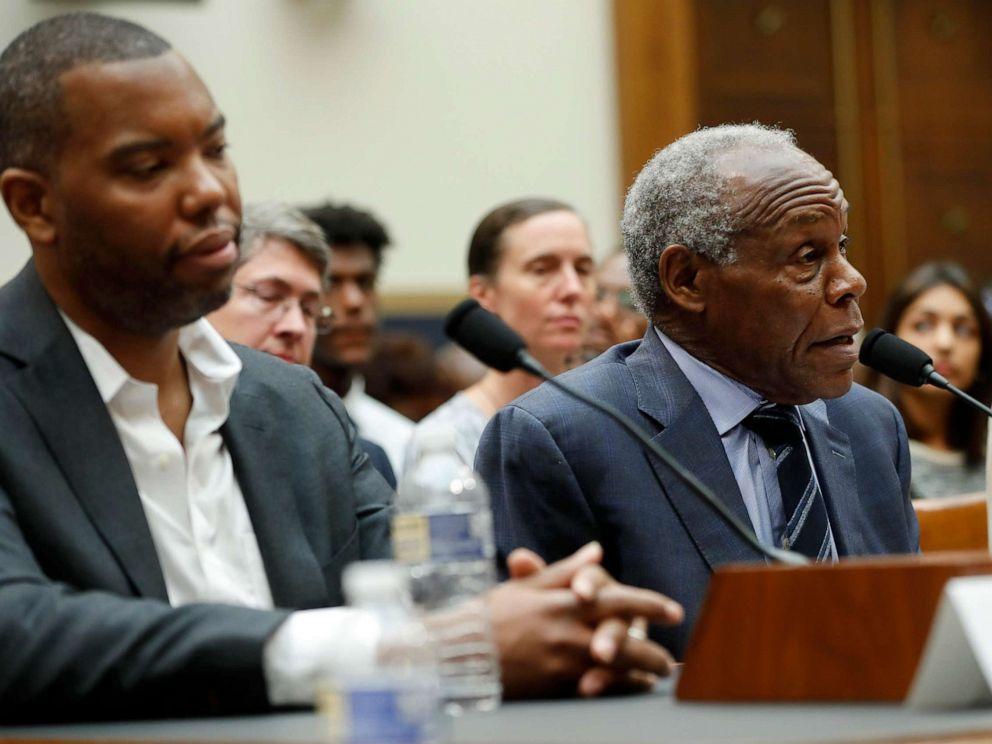When delving into the complex and controversial topic of reparations, it is crucial to understand the multifaceted nature of the debate and the various perspectives that surround it. From historical injustices to present-day implications, the issue of reparations has ignited passionate discussions and raised important questions about justice, equality, and the legacy of systemic oppression. In this comprehensive guide, we will explore the intricacies of the reparations debate, examining its historical context, modern-day relevance, and potential implications for addressing past wrongs.
Understanding the Historical Context
Delving into the historical roots of the reparations debate provides essential insights into why this topic remains so contentious and emotionally charged. From the legacy of slavery and segregation to the systemic disenfranchisement of marginalized communities, the history of racial injustice in the United States has left a deep and lasting impact on society. By examining the long-standing effects of past atrocities, we can begin to grasp the urgency and importance of addressing these historical wrongs through reparative measures.
The Moral Imperative of Reparations
Exploring the moral imperative of reparations reveals the ethical arguments that underpin calls for redress and restitution for past injustices. From a standpoint of justice and fairness, proponents of reparations argue that it is essential to acknowledge and rectify the harm inflicted on marginalized communities throughout history. By recognizing the moral imperative of reparations, we can confront the uncomfortable truths of our past and strive towards a more equitable and inclusive future.
The Economic Impact of Reparations
Examining the economic impact of reparations sheds light on the potential benefits and challenges of implementing reparative policies. While some may argue that reparations are economically unfeasible or impractical, others emphasize the long-term positive effects of addressing historical injustices through financial restitution. By considering the economic implications of reparations, we can weigh the costs and benefits of pursuing reparative measures and assess their broader impact on society.

